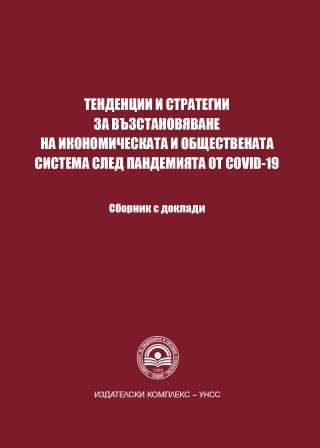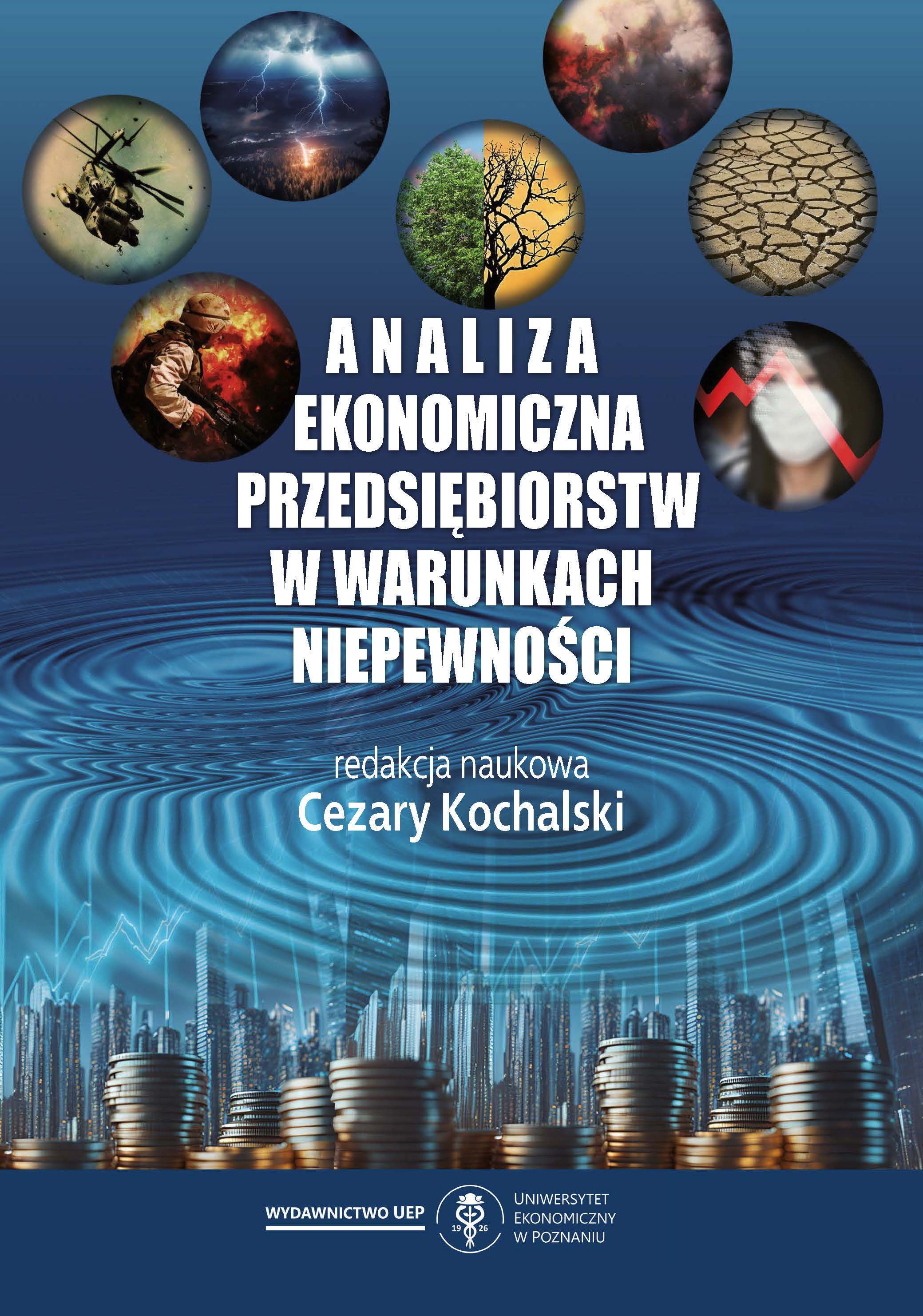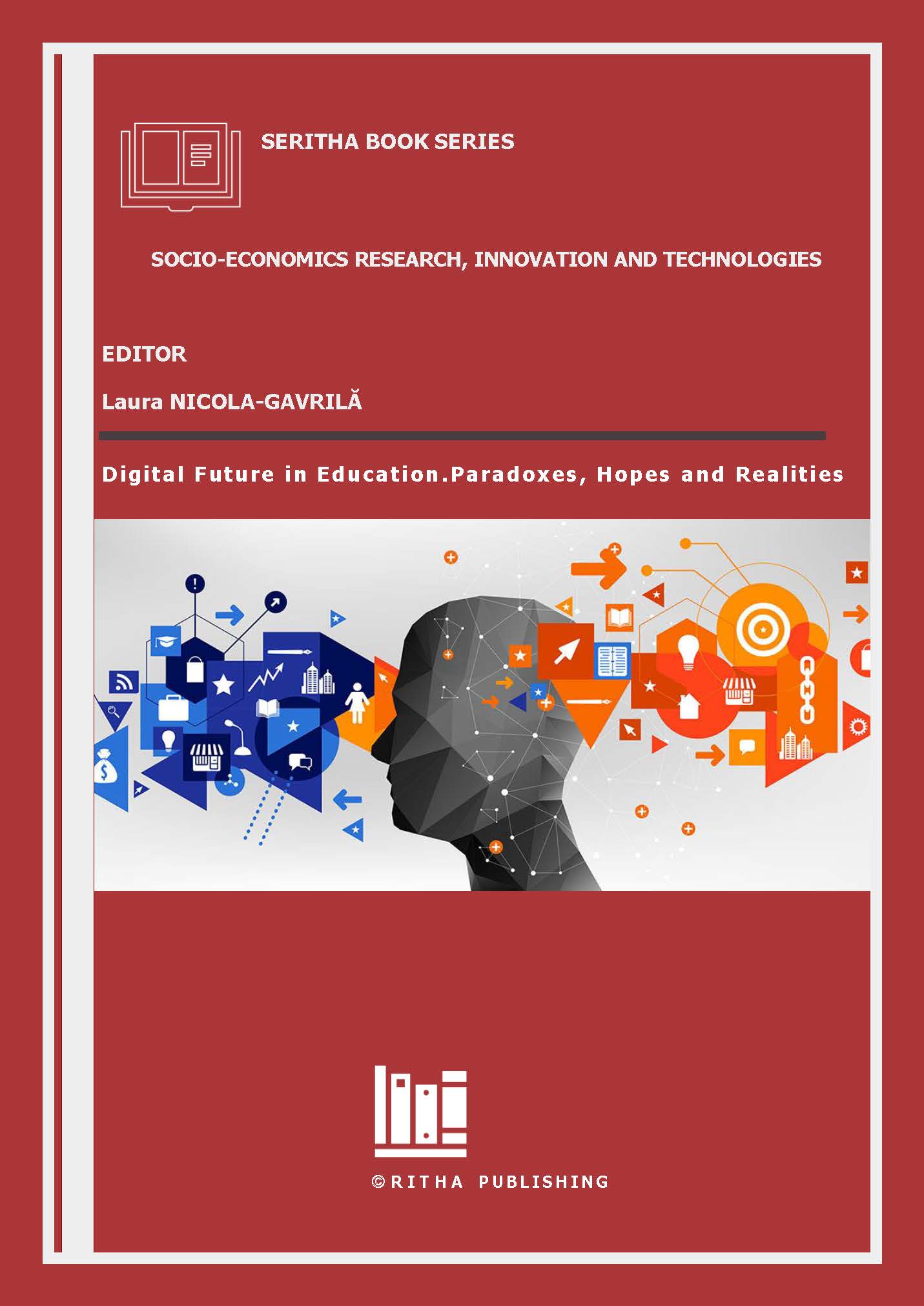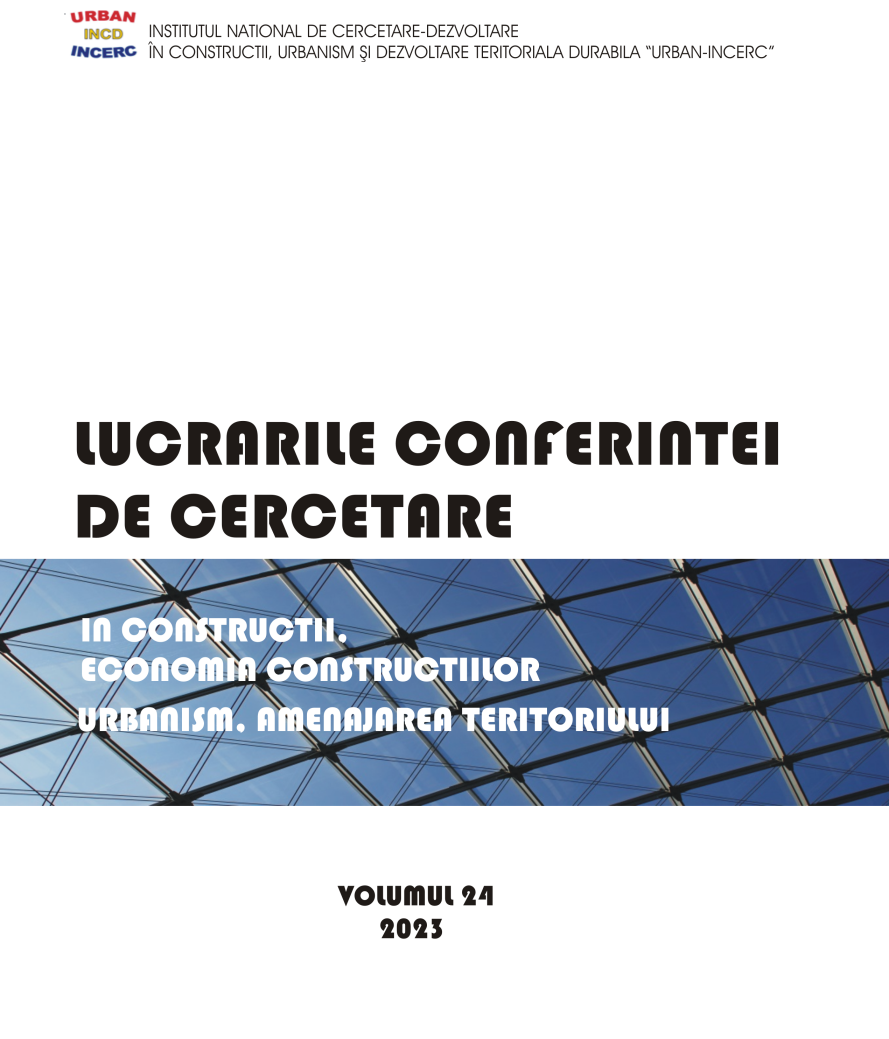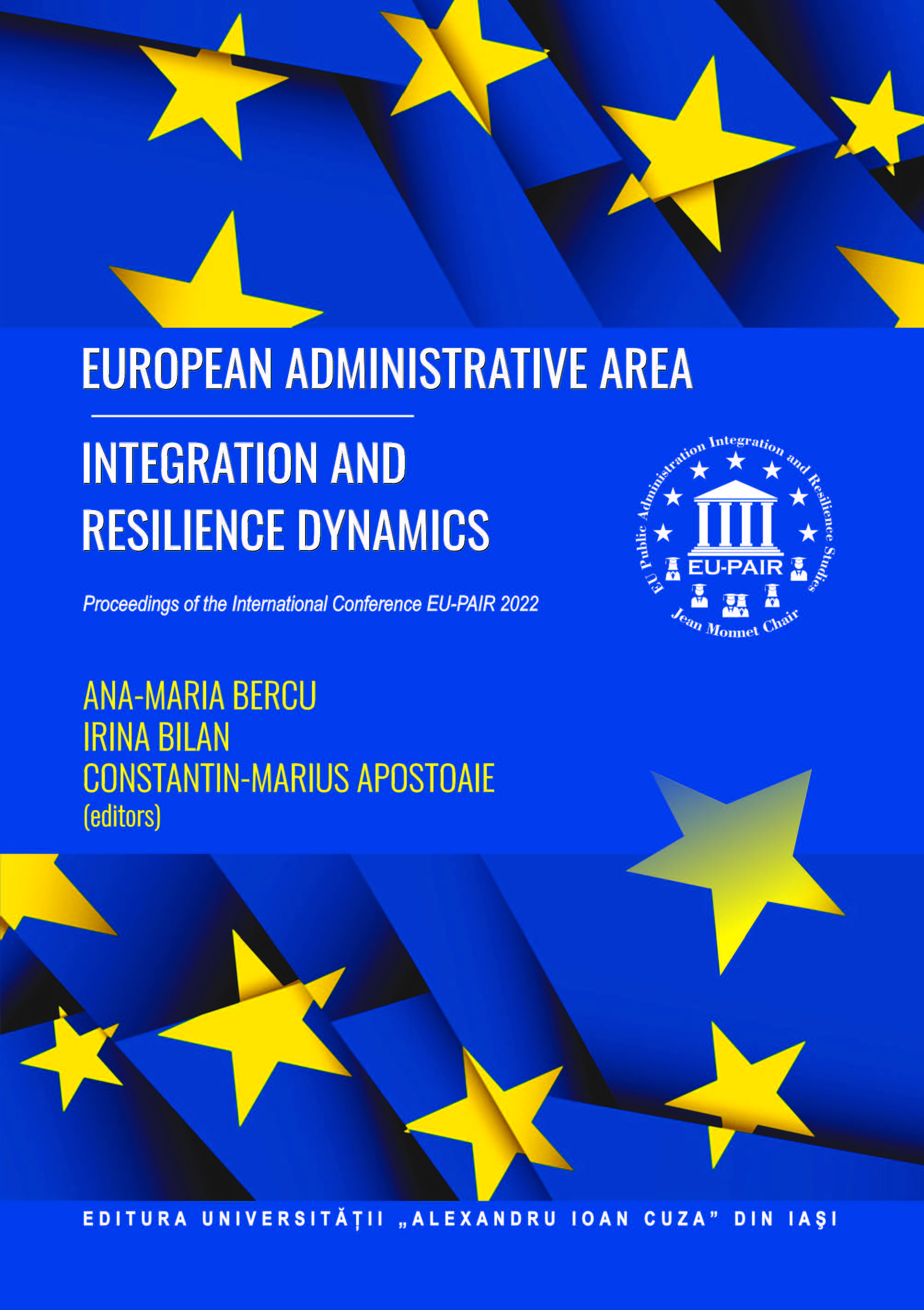
EDUCATION POLICY CHALLENGES IN TIMES OF PANDEMIC: SUSTAINABILITY AND RESILIENCE
The COVID-19 pandemic has enormous social and economic consequences and lasting effects on teachers, students, their parents and society. To prevent the educational crisis from degenerating into a disaster for an entire generation, all the actors involved must act together as effectively as possible.Education can thrive based on standard content created in the academic system, and especially on human, direct relationships between teachers and students.Educational policies have caused all the factors involved to modify their pedagogical activity and the teaching-learning process in the context of the COVID-19 pandemic, from face-to-face teaching to distance education, thanks to digital technologies.A coherent vision of education during crisis can only be developed and implemented by calling on the 2030 Agenda for Sustainable Development, a program that includes a series of concrete objectives that OUN member states must meet in order to fully integrate the concept of sustainability in their actions.
More...

